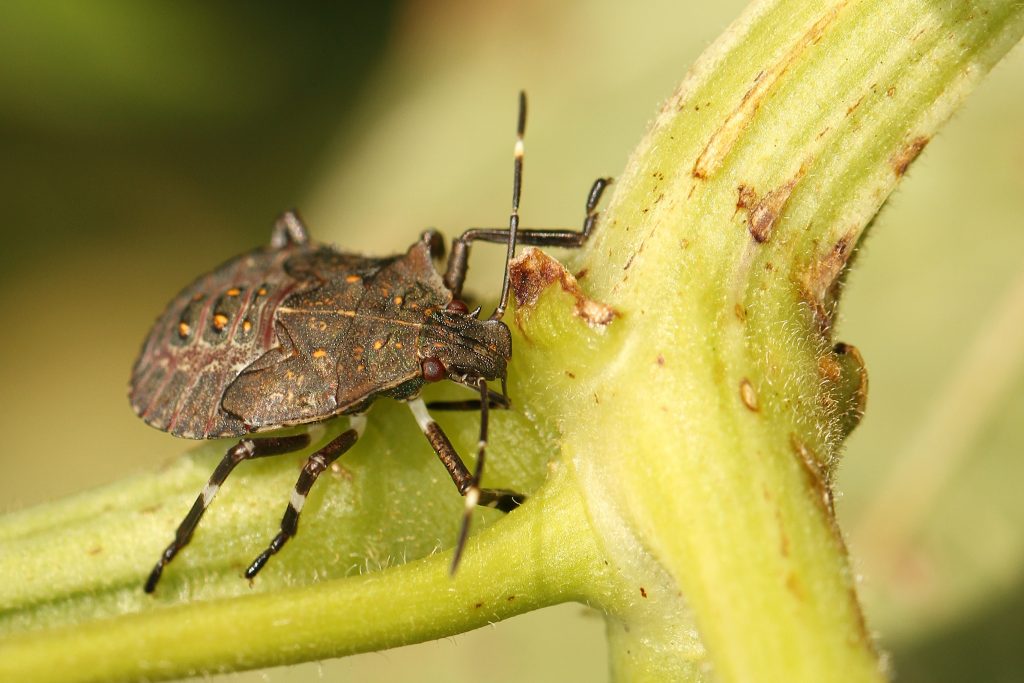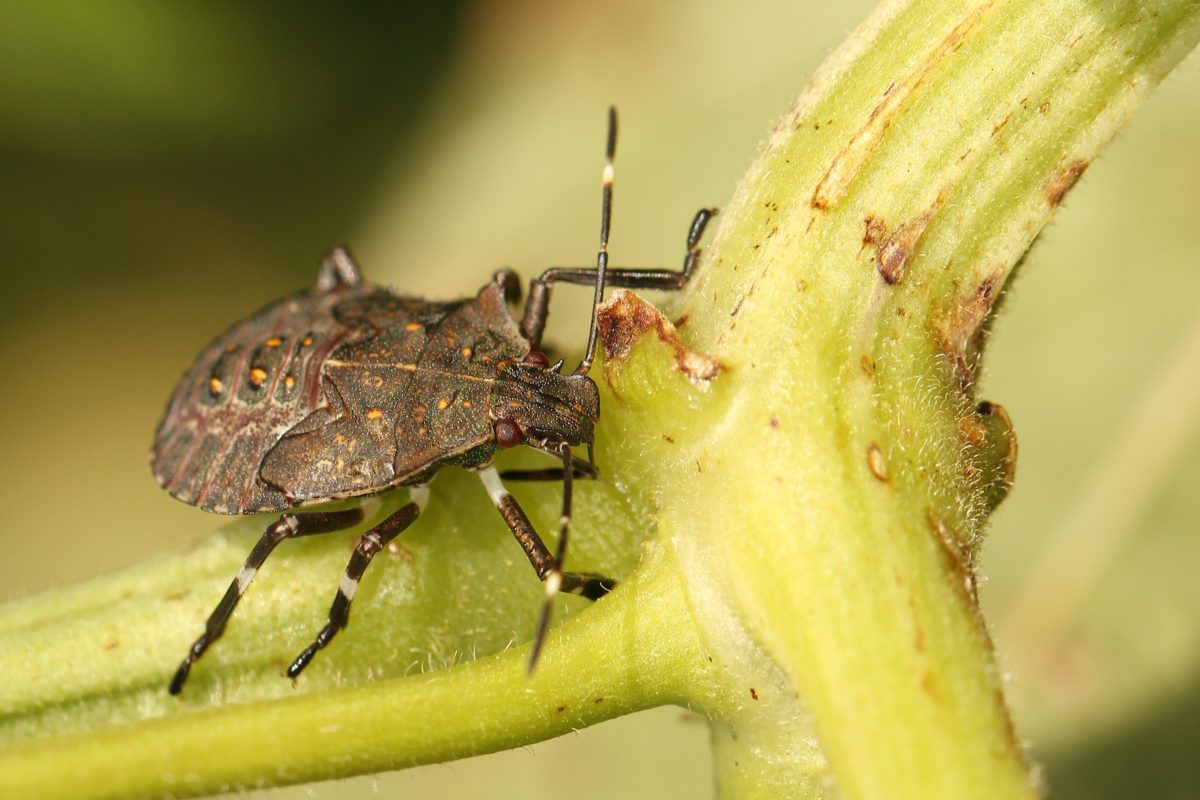
Ayanava Majumdar, Extension Professor in Entomology and Plant Pathology at Auburn University, touts trap cropping as being effective in controlling unwanted insect pests while also significantly reducing insecticide applications.
“Not all insects will trap crop work. Trap crop works for insects that typically stay in clusters or have a strong border effect. For example, our sucking insect pests like the stink bugs, aphids; they all show a very clumped distribution and have a very high edge effect and then they spread,” Majumdar said. “Those are the insects, especially the migratory insects, that you can arrest; stopping them from going into the main crop.”
Trap crops are sacrificial crops planted around a field that are not meant to be harvested. Producers plant them to draw pests away from the real crop. There is no universal trap crop available. Different insects require different trap crops.
Insects love different kinds of plants. Stink bugs will attack tomatoes, so if farmers provide a distraction like sorghum, they will go to that distraction and stay away from tomatoes.
Majumdar said the trap crops evaluated in Alabama include sorghum and sunflower for leaffooted bugs; sunflower, browntop millet and pearl millet for stink bugs; okra, bell peppers and ornamentals for aphids; New England Hubbard squash for squash insects.
He recommends growers plant a trap crop two weeks ahead of a main crop, for a perimeter trap crop where it envelops an entire field.
Some advantages include farmers can use existing farm equipment; there is minimum new investment (seed); producers can reduce damage to the main crop; and it attracts and conserves beneficial insects.
“The challenge is to become efficient in doing it, not devoting more than 10% or 15% of the total area in trap crop so that you don’t cut back on the land and main crop,” Majumdar said.










